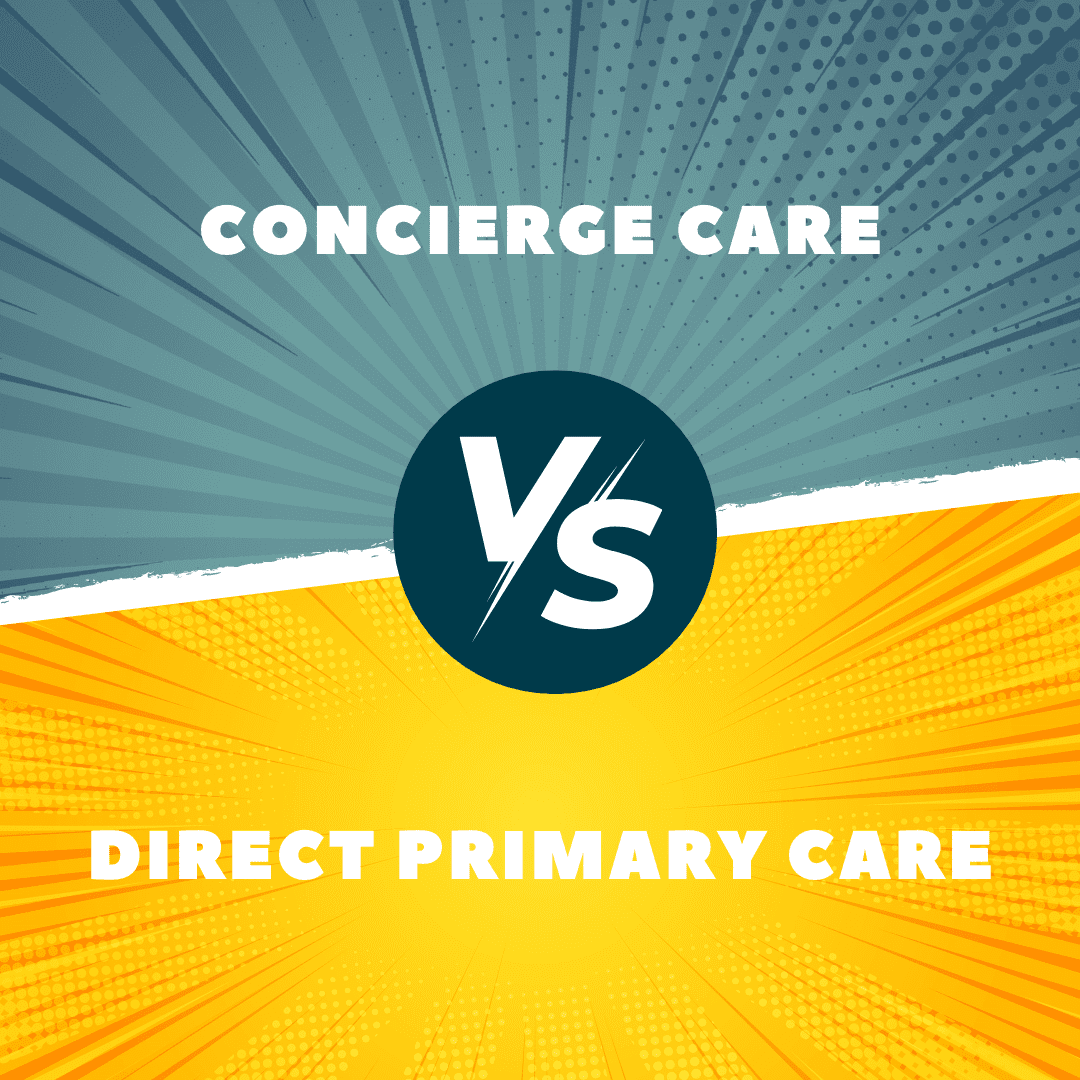End of Year Wellness Guide for Families
Finishing the Season Strong. Start the New Year With Clarity — Not Burnout
You run a career, a household, and handle a calendar full of endless logistics.
You are the CEO of your family’s health and rhythm —And here’s the truth:
You don’t need more pressure, rules, or perfection to thrive right now. What will benefit you most going into the New Year is a clear plan that protects your energy and fills your cup.
This is your end-of-year playbook.
✅1. Choose YOU
Ask yourself these questions before committing your time and energy to a project.
Does this support my vision, goals and wellness? If not, its fine to say “No.” Remember that “No” is a complete sentence.
Your energy is a finite resource.
Spend it deliberately.
✅2. Protect Routines
You don’t need it to be perfect — but you need anchor habits that steady your body and mind.
What new habits are you cultivating in your daily routine? Stacking habits is one way we work with patients to help them reach their goals. From ensuring you get a full night sleep and changing snacking habits to increasing exercise and adding daily meditation to your routine… habit stacking goes a long way.
What are your goals for the New Year and how will you reach them?
Developing “High-yield” habits that protect mood, boost immunity, increase metabolism, and strengthen resilience support you in reaching your goals.
✅3. Build in Recovery Time — Not Just Activity
Executives schedule recovery cycles. Athletes schedule rest days. Families thrive when pauses are planned, not leftover.
Try to calendar: Recovery morning after big events, Downtime for unstructured family evening, laundry and rest day after big travel, or a “no committment” day between holidays.
Quiet space isn’t indulgence. It is intentional foundation for stability and clarity.
✅4. Hold Family Emotional Tone — Without Holding Every Emotion
As the family wellness leader, you influence the environment —
but you don’t need to absorb everyone’s stress or expectations.
Practice leadership-energy:
You model peace, presence, and emotional maturity — not overfunctioning.
✅4. Seed the New Year With Clarity — Not Pressure
You don’t need resolutions. You need new habits that point you in the direction of your goals.
End-of-year reflection prompts: What habits kept you well this year? What routines anchor you and your family? What supports would you like in place and where could you welcome those into your life? How can you adjust your routines to maximize your wellness in small manageable ways?
The goal: Start January with alignment and momentum.
✅5. DPC: Your Partner in a Strong Start
As your physician and wellness partner, DPC gives you:
✨ Accessible care and a Partner in Wellness
✨ Preventive Care and Accountability
✨ Mental health + Stress support
✨ Holistic, family-centered guidance
✨ Same-day access when you need it most
✨ No healthcare hassles taking up your bandwidth


















